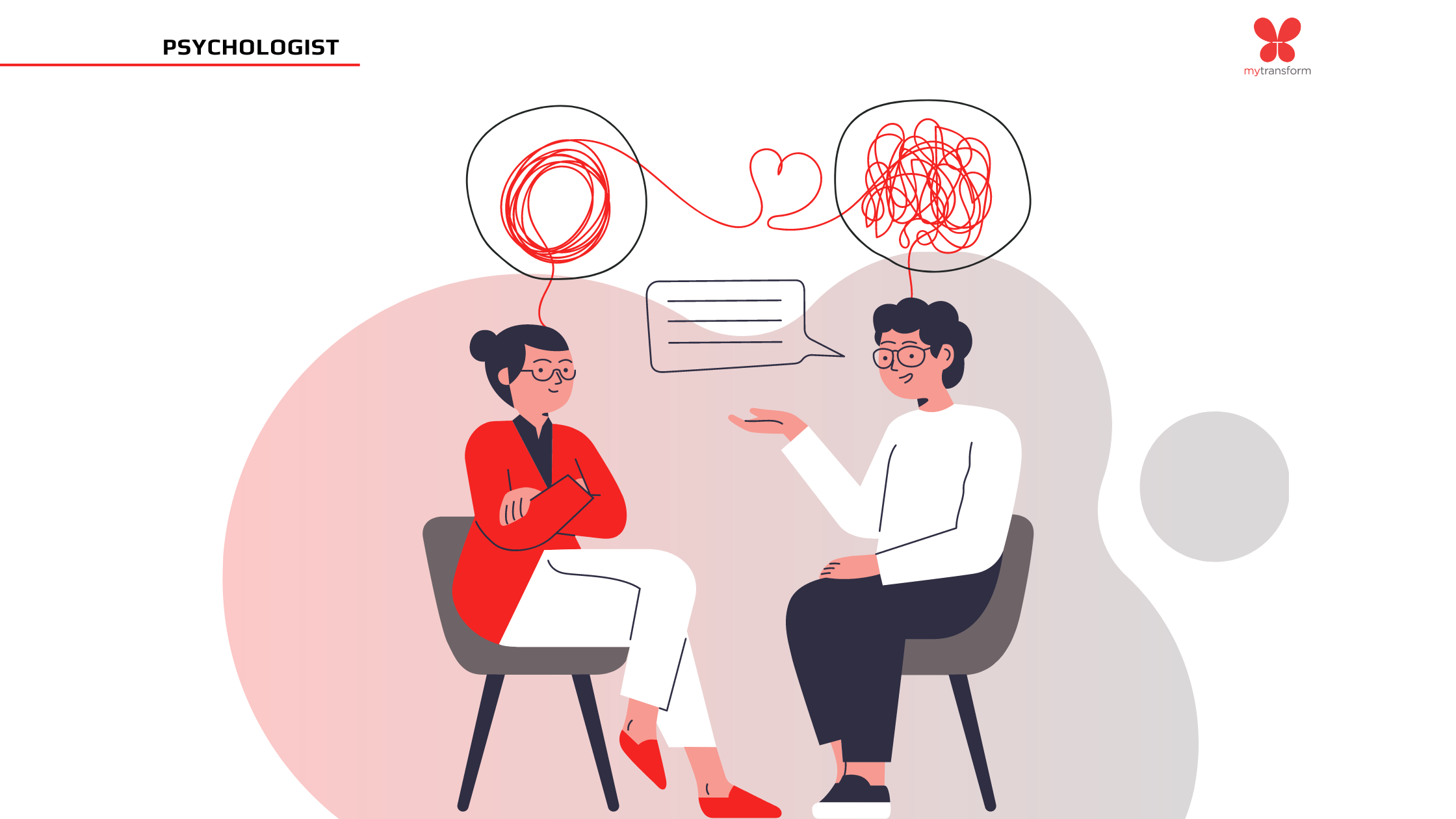Psych Treatment: A Comprehensive Guide to Methods and End Results

Cognitive-Behavioral Treatment
Cognitive-Behavioral Therapy (CBT) is a widely made use of psychotherapeutic technique that concentrates on determining and changing useless thinking and habits patterns. Developed in the 1960s by Aaron T. Beck, CBT integrates behavior and cognitive theories to resolve various psychological health problems, including clinical depression, anxiety, and stress-related conditions.
CBT is defined by its structured, goal-oriented nature. Treatment normally entails a collective process between the therapist and customer, where details troubles are recognized, and practical techniques are established to address them. Techniques such as cognitive restructuring, exposure treatment, and skill-building exercises are frequently used. Cognitive restructuring involves tough and modifying adverse thought patterns, while direct exposure treatment aims to minimize concern and stress and anxiety with progressive direct exposure to been afraid objects or situations.
Evidence-based study sustains the efficacy of CBT for a wide variety of emotional conditions - Best Psychologist in Delhi. Its focus on skill acquisition and self-help strategies equips clients to continue development separately after therapy wraps up. The adaptability and efficiency of CBT have made it a cornerstone in modern psychotherapeutic technique
Psychodynamic Techniques
Rooted in the early theories of Sigmund Freud, psychodynamic methods concentrate on checking out the subconscious mind and its influence on habits and emotions. These approaches aim to discover surprise ideas and feelings that may be driving maladaptive actions and psychological distress. Central to this strategy is the concept of internal problem, frequently originating from unsettled previous experiences, specifically those from childhood years.
Therapists utilizing psychodynamic methods use several crucial methods, including free organization, where patients are motivated to talk freely to disclose subconscious material, and dream evaluation, which translates the latent web content of desires. Additionally, the expedition of transference and countertransference characteristics within the therapeutic connection is critical. These interactions can give insights into the client's internal world and relational patterns.
Psychodynamic therapy is normally longer-term contrasted to other modalities, using a deep and thorough understanding of the person's subconscious. Study shows that it can be particularly efficient for intricate psychological wellness issues, such as personality conditions and chronic clinical depression. By promoting self-awareness and emotional insight, psychodynamic therapy seeks to bring unconscious material to consciousness, enabling individuals to achieve long-term and meaningful change in their lives.
Humanistic Techniques
Structure on the structures laid by psychodynamic strategies, humanistic strategies supply a distinctive viewpoint concentrated on specific possible and self-actualization. Coming from the mid-20th century, these strategies focus on the intrinsic goodness and growth potential of people, highlighting an alternative sight of human experience. Secret numbers such as Carl Rogers and Abraham Maslow have actually significantly affected this healing strategy, which incorporates approaches like client-centered therapy and Gestalt therapy.
Client-centered treatment, established by Rogers, plays a pivotal duty in humanistic techniques. The see post specialist's function is more of a facilitator than an authority, motivating customers to harness their internal resources for recovery.
Gestalt therapy, an additional important humanistic strategy, highlights existing moment recognition and the combination of body and mind. By concentrating on the "present moment," customers gain higher insight right into their current feelings and behaviors. Strategies such as role-playing and assisted visualization are commonly employed to aid clients acquire a much deeper understanding of themselves, inevitably resulting in boosted self-awareness and satisfaction.
Integrative Therapies
Integrative therapies represent a synthesis of different healing strategies tailored to fulfill the unique requirements of each client. This technique acknowledges the intricacy of human psychology and the diverse nature of psychological health YOURURL.com problems. By combining aspects from various colleges of psychotherapy-- such as cognitive-behavioral therapy (CBT), psychodynamic treatment, and humanistic strategies-- integrative therapies use an even more alternative and flexible treatment paradigm.
Practitioners of integrative therapy evaluate each client's certain needs, signs, and individual background to devise a personalized treatment plan. This individualized technique boosts the possibility for healing success by addressing the origin of psychological distress and advertising general wellness. Techniques may consist of mindfulness workouts, cognitive restructuring, and psychological processing, each chosen to target various elements of the client's issues.
Furthermore, integrative therapies stress the healing partnership, watching the client-therapist bond as a vital component of effective treatment. This partnership promotes a supportive setting where customers feel secure to check out and resolve their worries. The adaptability of integrative treatments makes them appropriate for a wide range of problems, including stress and anxiety, anxiety, injury, and interpersonal troubles, thus enhancing their applicability and effectiveness in varied clinical settings.

Gauging Therapy Results
Examining the efficiency of psychotherapy is important for both customers and clinicians to make sure that the treatment is yielding the wanted results. To achieve this, numerous techniques and tools are used to measure treatment results systematically. Standard assessment instruments, such as the Beck Depression Supply (BDI) and the Generalized Anxiety Disorder 7 (GAD-7), give measurable data on signs and symptom seriousness and changes with time.
Along with standard devices, qualitative approaches like customer self-reports and professional interviews supply important insights into the individual experiences and read more regarded development of customers. On a regular basis set up analyses, usually at the start, middle, and end of therapy, assistance in tracking the trajectory of enhancement or identifying locations needing adjustment.
Outcome measurement is not limited to symptom decrease; it also includes functional enhancements in day-to-day live, such as much better interpersonal partnerships, enhanced job efficiency, and improved total health. Modern developments in digital health and wellness have introduced mobile applications and online systems that promote real-time monitoring and responses, further fine-tuning the evaluation procedure.
Eventually, a detailed approach to determining therapy results makes certain that healing interventions work, reliable, and tailored to meet the private requirements of customers, consequently maximizing the total therapeutic experience.
Final Thought
Humanistic strategies focus on individual growth and self-actualization, while integrative treatments combine several methods for tailored therapy plans. Reviewing therapy outcomes via qualitative approaches and standardized assessments guarantees a comprehensive understanding of efficiency, inevitably guiding clients toward sustaining mental health and wellness improvements.
From the organized strategy of Cognitive-Behavioral Therapy (CBT) to the deep exploration of the subconscious in psychodynamic therapy, each method brings special advantages. Its focus on skill purchase and self-help methods encourages customers to continue progress separately after therapy ends (Best Psychologist in Delhi). Trick numbers such as Carl Rogers and Abraham Maslow have actually significantly influenced this restorative strategy, which incorporates methods like client-centered therapy and Gestalt treatment
